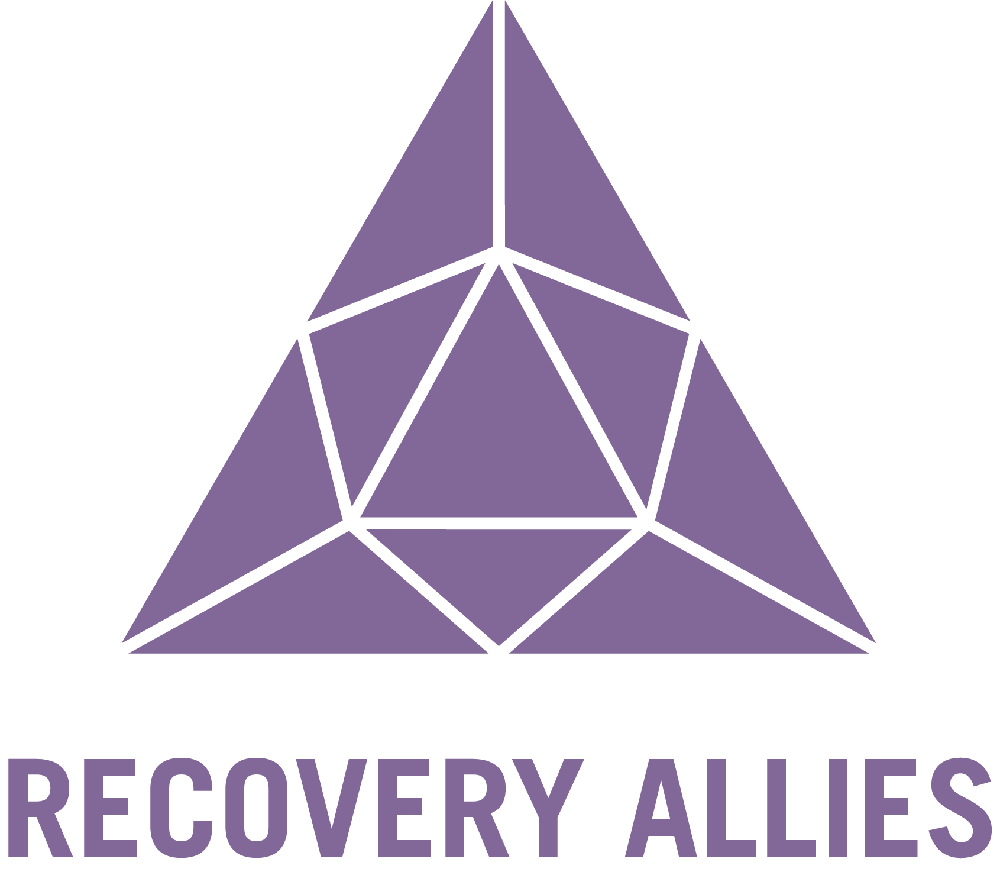Why Sober Living Matters for Women and Gender Non-Conforming Individuals — And Why Access Must Improve
Early recovery is a vulnerable and defining time for anyone healing from substance use disorder—but for women and gender non-conforming (GNC) individuals, it’s often even more complex. The intersection of gender, trauma, and social stigma can make staying sober after treatment far more difficult. And yet, access to gender-responsive, affirming sober living environments is still alarmingly limited.
The Overlooked Realities of Gender and Recovery
Women and GNC individuals navigating early sobriety often face a unique mix of challenges. Many have experienced trauma, violence, discrimination, or abandonment. Some are parenting while in recovery or working to regain custody of their children. Others are dealing with housing instability, poverty, or rejection by family systems due to their identity.
Add to that the stigma of addiction and the shame that disproportionately falls on women and gender-diverse people, and it becomes clear why early sobriety can be a lonely, even dangerous, period without the right support.
What a Safe Sober Living Environment Can Offer
1. Safety and Affirmation
For those recovering from trauma or discrimination, safety isn’t just about staying off substances—it’s about finding a space where your identity is respected and protected. Gender-inclusive sober living homes are not just safer—they are essential. Everyone deserves to recover in a space where they don’t have to shrink, hide, or defend who they are.
2. Community Healing
Connection is a cornerstone of recovery. For women and GNC individuals, this means having access to peers who understand their lived experience. Gender-inclusive sober homes create space for solidarity, mutual support, and collective healing—powerful antidotes to isolation and shame.
3. Specialized, Compassionate Support
Traditional recovery models often overlook issues that disproportionately affect women and gender-diverse people—such as sexual trauma, caregiving roles, or identity-based violence. Inclusive sober living homes can incorporate trauma-informed care, mental health support, and flexible, personalized recovery planning that speaks to real-life challenges.
4. Protection from Re-traumatization
Many traditional or co-ed sober living environments are not equipped to handle the nuanced needs of GNC individuals or trauma survivors. In some cases, these spaces can actually be harmful. Safe, gender-affirming sober homes reduce the risk of harassment or retraumatization and allow individuals to focus on healing instead of defense.
A Systemic Gap That Demands Attention
The sober living landscape remains heavily skewed. In many regions, options for women are sparse; for gender non-conforming individuals, they’re nearly non-existent. When these homes do exist, they’re often underfunded, under-advertised, and poorly supported by the larger recovery infrastructure.
This lack of access isn’t just a housing issue—it’s a social justice issue. Everyone deserves the opportunity to recover with dignity, in a space that affirms who they are and supports who they are becoming.
What Needs to Change
To create a recovery system that truly supports women and GNC individuals, we must:
Expand access to gender-responsive and gender-inclusive sober living options.
Train staff in trauma-informed, gender-affirming care.
Develop clear policies that welcome and protect trans and non-binary residents.
Advocate for funding and visibility for inclusive recovery housing initiatives.
Listen to lived experience and center voices that are too often pushed to the margins.
Final Thoughts
Recovery is about more than just abstinence—it’s about rebuilding your life with safety, integrity, and purpose. For women and gender non-conforming people, that process is deeply personal and deeply impacted by access to supportive environments. Sober living homes that affirm gender diversity and offer trauma-informed care are not optional—they are essential.
If we’re serious about building a recovery system that works for everyone, we must close the gap in access and make space—real, safe, inclusive space—for every person healing from addiction.
Because no one should have to choose between being themselves and staying sober. They deserve both.

